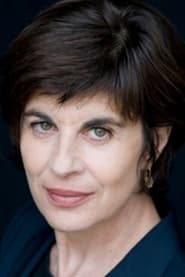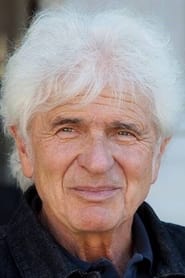

In search of his roots, each revelation shakes up his identity.
A woman has a close bond with her beloved Algeriann grandfather, who protected her from a toxic home life as a child; his death triggers a deep identity crisis as tensions between her extended family members escalate, revealing new depths of resentment and bitterness.

Caroline

François

Kevin

Lilah

Françoise

Pierre

Ali

Matteo

Neige

Anne

Son of Neige

Son of Neige